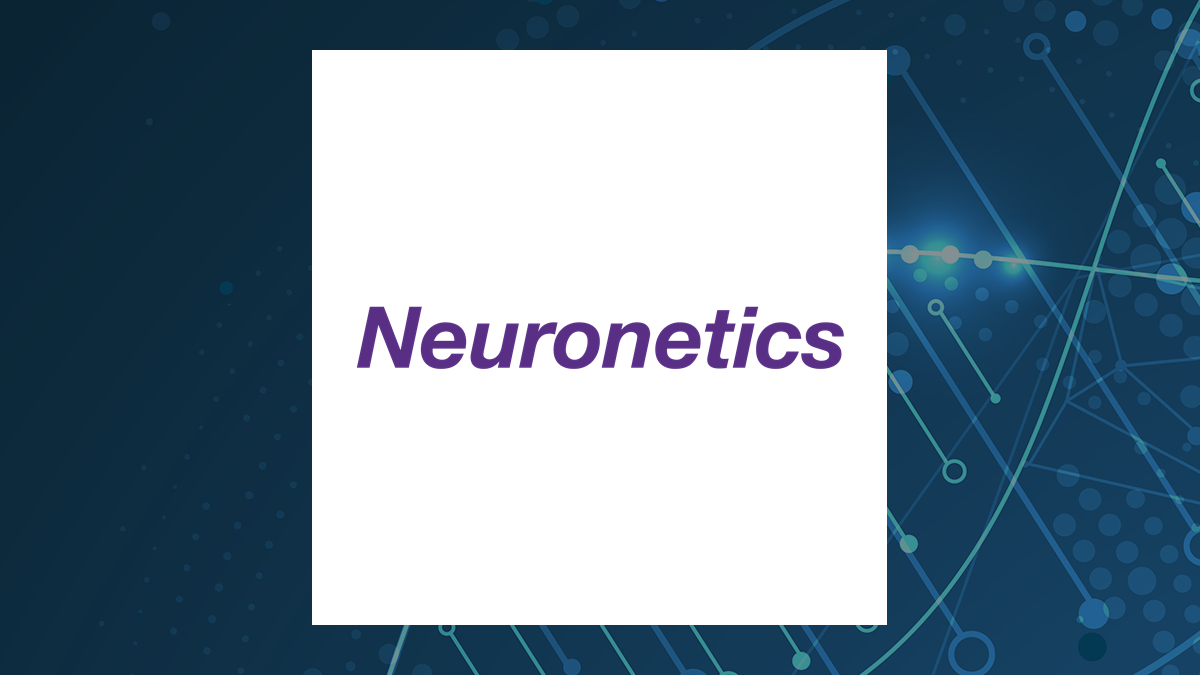Co-Diagnostics (NASDAQ:CODX – Get Free Report) and Neuronetics (NASDAQ:STIM – Get Free Report) are both small-cap medical companies, but which is the superior investment? We will contrast the two businesses based on the strength of their institutional ownership, earnings, risk, profitability, valuation, analyst recommendations and dividends.
Analyst Recommendations
This is a breakdown of recent ratings for Co-Diagnostics and Neuronetics, as provided by MarketBeat.
| Sell Ratings | Hold Ratings | Buy Ratings | Strong Buy Ratings | Rating Score | |
| Co-Diagnostics | 0 | 1 | 0 | 0 | 2.00 |
| Neuronetics | 0 | 1 | 3 | 0 | 2.75 |
Co-Diagnostics currently has a consensus price target of $1.50, indicating a potential upside of 16.28%. Neuronetics has a consensus price target of $4.67, indicating a potential upside of 498.29%. Given Neuronetics’ stronger consensus rating and higher possible upside, analysts plainly believe Neuronetics is more favorable than Co-Diagnostics.
Profitability
| Net Margins | Return on Equity | Return on Assets | |
| Co-Diagnostics | -411.18% | -44.69% | -40.47% |
| Neuronetics | -45.06% | -109.00% | -31.72% |
Valuation and Earnings
This table compares Co-Diagnostics and Neuronetics”s top-line revenue, earnings per share (EPS) and valuation.
| Gross Revenue | Price/Sales Ratio | Net Income | Earnings Per Share | Price/Earnings Ratio | |
| Co-Diagnostics | $9.14 million | 4.42 | -$35.33 million | ($1.32) | -0.98 |
| Neuronetics | $71.35 million | 0.33 | -$30.19 million | ($0.96) | -0.81 |
Neuronetics has higher revenue and earnings than Co-Diagnostics. Co-Diagnostics is trading at a lower price-to-earnings ratio than Neuronetics, indicating that it is currently the more affordable of the two stocks.
Insider and Institutional Ownership
15.0% of Co-Diagnostics shares are held by institutional investors. Comparatively, 53.6% of Neuronetics shares are held by institutional investors. 2.4% of Co-Diagnostics shares are held by insiders. Comparatively, 9.8% of Neuronetics shares are held by insiders. Strong institutional ownership is an indication that hedge funds, large money managers and endowments believe a company is poised for long-term growth.
Risk and Volatility
Co-Diagnostics has a beta of -0.86, meaning that its stock price is 186% less volatile than the S&P 500. Comparatively, Neuronetics has a beta of 2.27, meaning that its stock price is 127% more volatile than the S&P 500.
Summary
Neuronetics beats Co-Diagnostics on 12 of the 14 factors compared between the two stocks.
About Co-Diagnostics
 Co-Diagnostics, Inc., a molecular diagnostics company, develops, manufactures, and sells reagents used for diagnostic tests that function through the detection and/or analysis of nucleic acid molecules in the United States and internationally. The company offers Co-Dx PCR platform, a polymerase chain reaction (PCR) testing to patients in point-of-care and at-home setting. It also provides PCR diagnostic tests for COVID-19, influenza, tuberculosis, hepatitis B and C, human papillomavirus, malaria, chikungunya, dengue, and the zika virus. In addition, the company offers three multiplexed tests to test mosquitos for the identification of diseases carried by the mosquitos; molecular tools for detection of infectious diseases, liquid biopsy for cancer screening, and agricultural applications; tests that identify genetic traits in plant and animal genomes; and portable diagnostic device designed to bring PCR to patients in point-of-care and at-home settings. The company was incorporated in 2013 and is headquartered in Salt Lake City, Utah.
Co-Diagnostics, Inc., a molecular diagnostics company, develops, manufactures, and sells reagents used for diagnostic tests that function through the detection and/or analysis of nucleic acid molecules in the United States and internationally. The company offers Co-Dx PCR platform, a polymerase chain reaction (PCR) testing to patients in point-of-care and at-home setting. It also provides PCR diagnostic tests for COVID-19, influenza, tuberculosis, hepatitis B and C, human papillomavirus, malaria, chikungunya, dengue, and the zika virus. In addition, the company offers three multiplexed tests to test mosquitos for the identification of diseases carried by the mosquitos; molecular tools for detection of infectious diseases, liquid biopsy for cancer screening, and agricultural applications; tests that identify genetic traits in plant and animal genomes; and portable diagnostic device designed to bring PCR to patients in point-of-care and at-home settings. The company was incorporated in 2013 and is headquartered in Salt Lake City, Utah.
About Neuronetics
 Neuronetics, Inc., a commercial stage medical technology company, designs, develops, and markets products for patients with neurohealth disorders in the United States and internationally. The company offers NeuroStar Advanced Therapy System, a non-invasive and non-systemic office-based treatment to treat adult patients with major depressive disorder. Its NeuroStar Advanced Therapy System uses transcranial magnetic stimulation to create a pulsed, MRI-strength magnetic field that induces electrical currents designed to stimulate specific areas of the brain associated with mood. The company sells its products through its sales and customer support team to psychiatrists. The company was incorporated in 2001 and is headquartered in Malvern, Pennsylvania.
Neuronetics, Inc., a commercial stage medical technology company, designs, develops, and markets products for patients with neurohealth disorders in the United States and internationally. The company offers NeuroStar Advanced Therapy System, a non-invasive and non-systemic office-based treatment to treat adult patients with major depressive disorder. Its NeuroStar Advanced Therapy System uses transcranial magnetic stimulation to create a pulsed, MRI-strength magnetic field that induces electrical currents designed to stimulate specific areas of the brain associated with mood. The company sells its products through its sales and customer support team to psychiatrists. The company was incorporated in 2001 and is headquartered in Malvern, Pennsylvania.
Receive News & Ratings for Co-Diagnostics Daily - Enter your email address below to receive a concise daily summary of the latest news and analysts' ratings for Co-Diagnostics and related companies with MarketBeat.com's FREE daily email newsletter.
